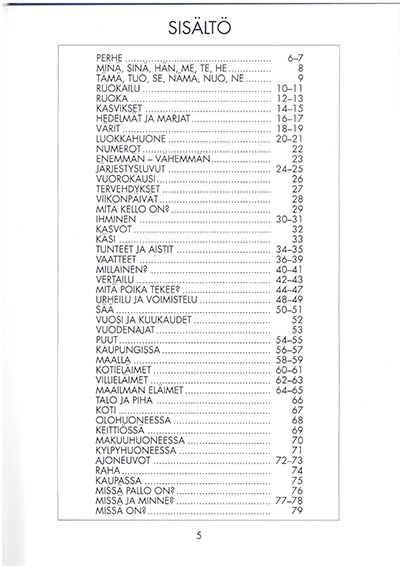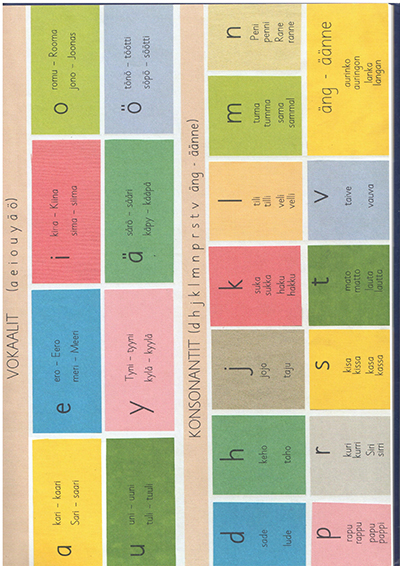| Sorted by date | |||
page186from Building Ideas
problem was the German philosopher Herbert
Marcuse, who also despaired of the “culture industry”. As he wrote in
One-Dimensional Man(1964), which also had a great influence on the student
protests a few years later:
The
means of mass transportation and communication, the commodities of lodging,
food and clothing, the irresistible output of the entertainment and information
industry carry with them prescribed attitudes and habits, certain intellectual
and emotional reactions which bind the consumers more or less pleasantly to the
producers and, through the latter, to the whole. The products indoctrinate and
manipulate; they promote ... more ...
|
|||
|
|||
|
|
|||
page185from Building Ideas
The
“iron cage” of modernity that Weber was attacking was also the target of Adorno
and Horkheimer, in terms of its basis in enlightenment rationality. In their
book, they described the workings of what they termed the “culture industry”,
where enlightenment had become “mass-deception” through the products of
technological culture. Where Hollywood movies, pulp fiction, popular music and
so on are all produced under the aegis of capitalist financing and marketing
systems, any form of resistance is prevented from ever reaching a mass audience
by the mechanisms which are set up to distribute the dominant message. As they describe
it, this homogenization is driven ultimately by technical imperati... more ...
|
|||
|
|||
|
|
|||
page184from Building Ideas
the work of the Frankfurt School provides
an alternative, more abstract approach, with its strategy of theoretical
analysis and an emphasis on “high-cultural” critique. The Institute for Social
Research (as it was originally titled) started life in Frankfurt in 1923,
although it soon moved from Germany following Hitler’s rise to power, to
restart at Columbia University in New York. The leading figures in the
Frankfurt School (who incidentally supported Benjamin with the payment of a
stipend and the offer of teaching in New York) were Max Horkheimer and Theodor
Adorno – as mentioned in Chapter 1, discussing the “ideology” of functionalism
in architecture. Adorno’s studies in modernist music and his general interest
in avant-garde culture ... more ...
|
|||
|
|||
|
|
|||
page183from Building Ideas
… the attempt to capture the portrait of
history in the most insignificant representations of reality, its scraps as it
were.14
In
his essay on the philosophy of history he took a similarly radical view,
recommending the revision of the grand narratives – or the “history of the
victors” – in favour of the “forgotten” history of ordinary lives:
According
to traditional practice, the spoil... more ...
|
|||
|
|||
|
|
|||
page182from Building Ideas
Another
radical thinker to suffer persecution by the Fascists was the German writer Walter
Benjamin, forced to flee to Paris in the 1930s. Benjamin also worked with
Marxist themes in the context of popular culture, conducting a detailed study
of the Parisian arcades as vehicles of nineteenth century commodity capitalism.
As Susan Buck-Morss explained in her book on the unfinished Arcades Project:
…
the key to the new urban phantasmagoria was not so much the
commodity-in-the-market as the commodity-on-display, where ... more ...
|
|||
|
|||
|
|
 ... ...
... ... ... ...
... ... ... ...
... ... ... ...
... ... ... ...
... ... ... ...
... ... ... ...
... ... ... ...
... ... ... ...
... ... ... ...
... ... ... ...
... ... ... ...
... ... ... ...
... ... ... ...
... ... ... ...
... ...